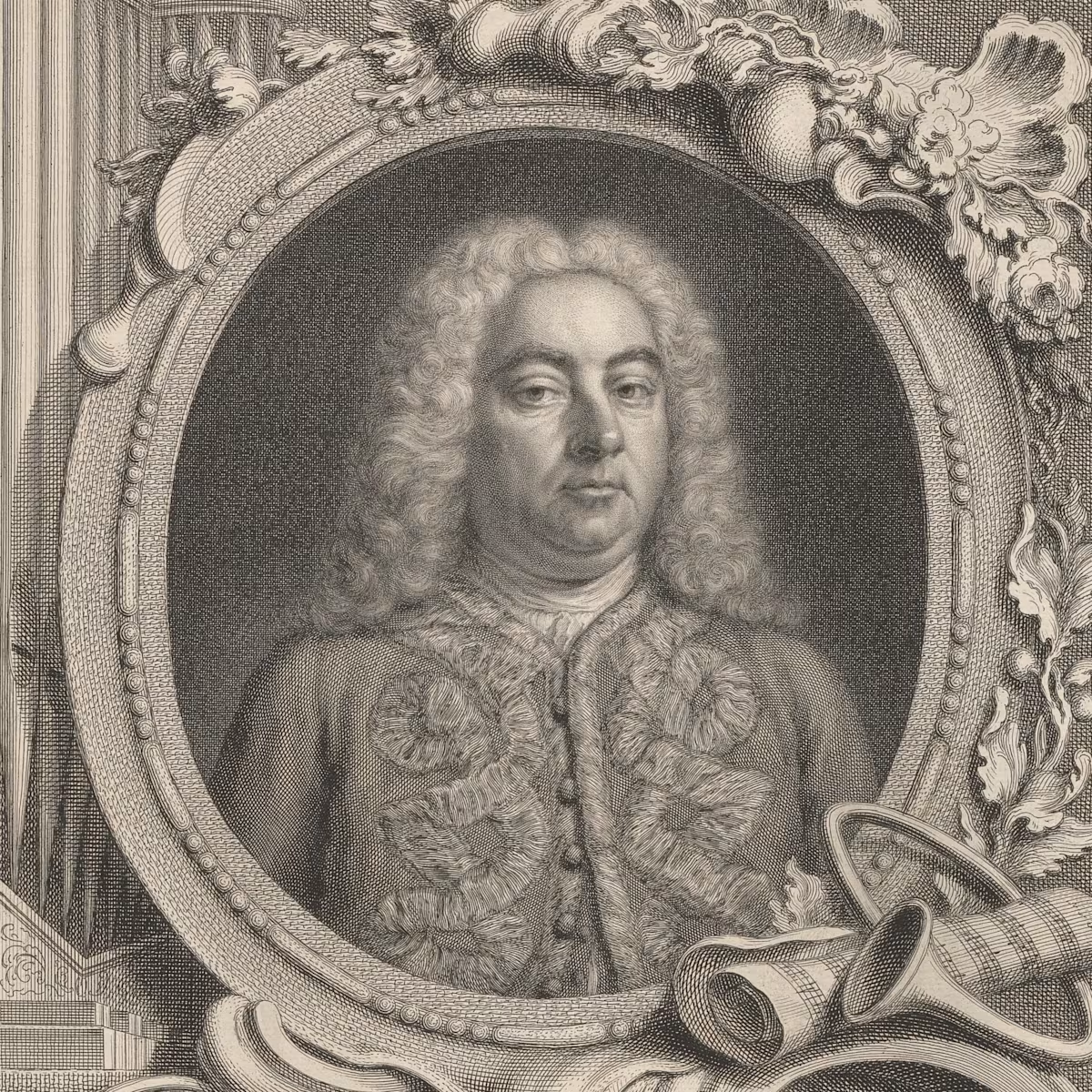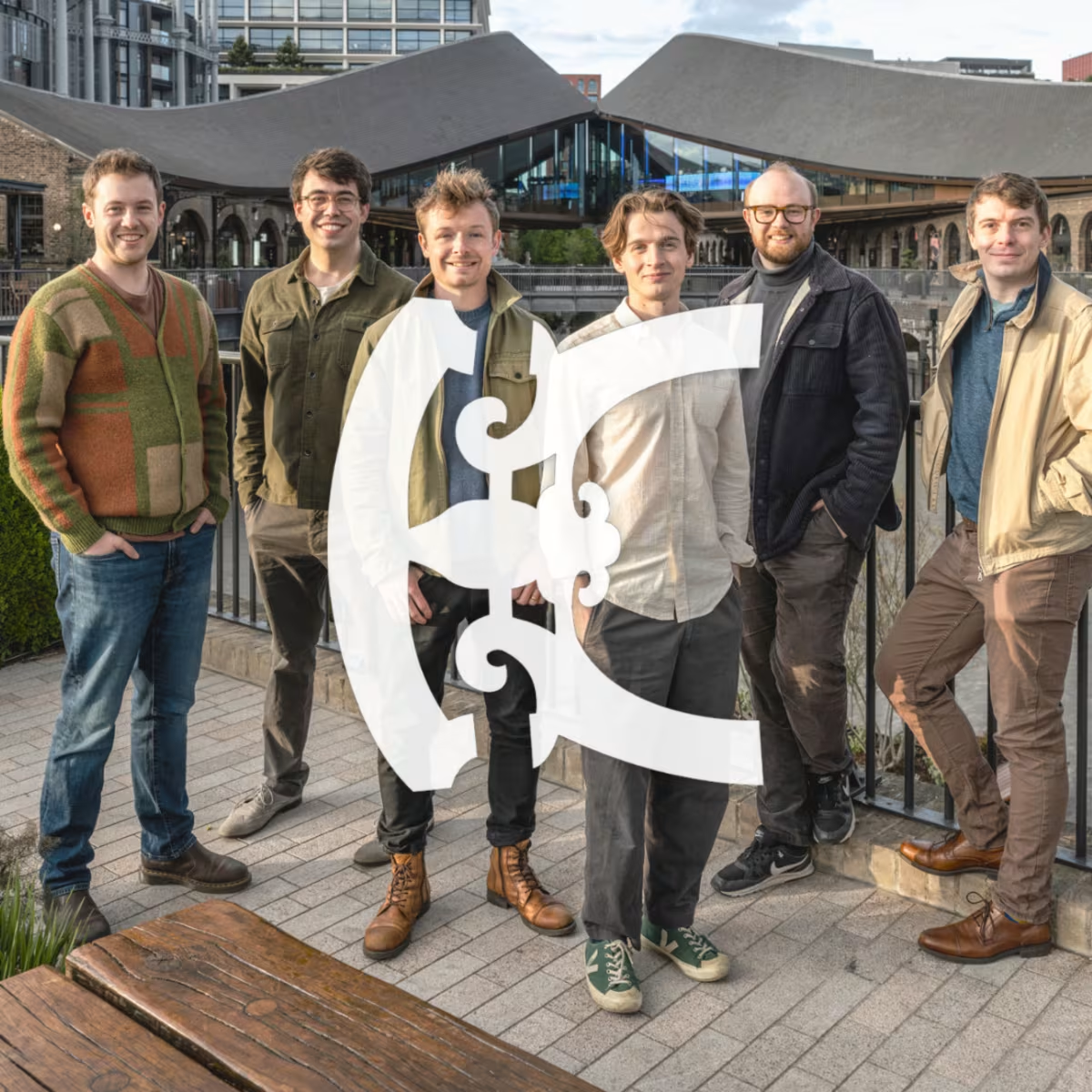Feature
In conversation: Nicola Benedetti CBE
Continuo Connect meets one of the most sought-after violinists of her generation
Share this

FIRST PUBLISHED 19 JAN 2025
Nicola Benedetti CBE is one of the most sought-after violinists of her generation. Her ability to captivate audiences and her wide appeal as an advocate for classical music has made her one of the most influential artists of today. Alongside her busy career as a soloist, Nicola is the Founder and Artistic Director of the Benedetti Foundation, which provides music education opportunities for young musicians in Scotland and further afield, and is Festival Director of the Edinburgh International Festival. A great fan of baroque music, she released her first recording on a baroque violin set-up with gut strings in 2021. For this Baroque album she was joined by top freelance period musicians to form the Benedetti Baroque Orchestra.
What is your idea of perfect happiness?
Perfect happiness doesn't come from anything external. One minute of the day all the external facts in your life can read a certain way and then two hours later none of those facts have changed but you feel entirely different towards your environment. That proves to us that it is our perception of what's around us that is the real key to happiness, or a lack thereof. Somehow when we're not manifesting the right perspective, we believe so fully that 'this is unfair' and 'this is wrong' and 'this is bad' and 'this is upsetting'. The older I get, the more I understand that to practice gratitude in every environment and interaction is what gets you closer to happiness.
What non-musical hobbies or interests do you have?
I don't have that many hobbies or interests that are not connected in some way to music. I run the Benedetti Foundation and I'm director of the Edinburgh International Festival, both of which don't necessarily involve playing the violin but still relate to music. Their purpose is to impact education and music's place within education and to impact the cultural landscape in Scotland and further afield. I don't think they could necessarily count as hobbies but they take a lot of my time, focus and energy away from the violin. Other than that, I like to gather nice people around a meal and to be able to have the time to cook for people, or enjoy my mum’s cooking with all our family. Not a hobby exactly, but having people round is my favourite pastime.
What's so special about early music concerts?
For me early music in live performance can be some of the most exhilarating experiences you can have. I would say that the greatest experiences I've had performing early music were with Andrea Marcon and Venice Baroque Orchestra. At the height of those moments when things are so exploratory and free and almost touching the edges of improvisation, I always think it must be a fraction of what a jazz musician must feel when they are composing and making new music in real time. Very little of the repertoire from the post-baroque era feels like that to perform. With the ground rhythm and the relationship to dance, I would say it's the style of music that lifts my mood pretty instantly - more than any other musical style.
A glimpse into Nicola Benedetti's Baroque album, featuring music by Vivaldi and Geminiani:
What will someone living 400 years from now think about early music?
Goodness, I wish I had an insight into the people of 400 years from now. I would hope that they still want to have some relationship to the communal feeling of baroque music. In music from this era, you're part of a dance, part of a moment of sorrow, part of a collective with solo voices that come in and out but always return to join in with this group feeling. I think that gives us a huge insight into people of the Baroque era. Today we certainly have a lot of fascination towards early music, so I would hope that people in 400 years will too.
What is your earliest musical memory?
My earliest musical memory is probably learning to play Elgar's Salut d'Amour and thinking it was just so beautiful it moved me to tears. My mum also used to play recordings of Tchaikovsky, Brahms and Sibelius violin concertos as we would drive to and from school, and I remember getting really obsessed with certain points in the concertos. I'd never heard anyone play like that live, so it was like pure magic to me that this could be the potential of this instrument on which I was trying to learn not to scratch, and to play some easy notes in tune!
Who is your favourite composer?
I couldn't possibly have a favourite composer! I become completely in awe of every composer I'm playing at a given time, but I would say the one that I have sort of increasing admiration for is probably Shostakovich.
How has classical music influenced your life outside of performing?
When you interact with a whole world from as young as the age of four, you can't remember life before so it's very difficult to assess. But given classical music was not part of our home life (in that nobody played classical music around us), I would say that it's been an insight into a certain area of life where people interact with arts in a very patient and humble way. People are very curious to hear a long piece or to understand a long form play or story. It's an insight into a part of the world that is so curious about human creation within the arts and I think we often forget that a lot of the world never interacts with that kind of height of human creation around artistry. For me it's opened that world, but I would say on a more visceral and emotional level it has created a phenomenal vibrational insight for me into the plight of human beings.

Can you describe the feeling of truly understanding a complex piece of music?
The feeling of truly understanding a complex piece of music is the most emotional thing in the world. When you start to decipher the layers and complexity and find how an incredible piece of music is perfect, it's so overwhelming. When I say perfect, I don't mean in a way that is manufactured - I mean in a way that's so organic. It creates that electric feeling inside your body, and it's often a very private, intimate experience, especially if you're discovering it within four walls of a practice room, alone with your instrument. I can probably remember the moment of having those types of revelations with every single major piece that I've ever learned, and there is nothing like it.
Do you have a lucky charm or ritual that you follow before important concerts?
I don't have any lucky charm because I think that's incredibly dangerous and I don't have any specific ritual. But I do have certain things that I know I like to do. I like to be as warm as possible, I like to be pretty much ready a full 30 minutes beforehand, and then the ritual from then on is extremely internal. If you were to be watching me or if I was to be filmed, you wouldn't see a pattern but internally it is very ritualistic. It's certain thought patterns, a certain sort of acceptance of the situation, certain things that physically ground me. It's driven so much by the mind that it would be imperceptible for somebody else but it feels very familiar to me.
Can you describe a particularly challenging or rewarding moment in your musical journey?
I would be here for the rest of the day to describe the challenging moments! There were so many performances when I was younger that I not only didn't feel ready for, but I knew I was sort of trying to grasp a hold of something. It was like I was playing catch-up: if I'd had a bit more time and a bit less pressure then I would be ready but I wasn't quite. So there was a deep frustration because I knew I could be playing better than I was.
In terms of the rewarding moments, there is nothing external (such as winning a competition or a conductor re-inviting you or an orchestra saying you sounded great) that comes close to you knowing you did something musically, or violinistically or technically better than you did it before. In those instances, you were instrumental in making it happen. You cannot thank anyone else or blame anyone else, it's kind of on you and that's a very personal and intimate thing. Somebody else may not agree that that was the best concert, but for you, in what you've been working for and what your whole life has been building towards, those are the most important moments.
Nicola Benedetti's Baroque album is available to purchase at Decca Classics or to stream on Spotify.
Share this
Keep reading

The infinite variety of Handel’s ‘Messiah’
Few works in Western music have proved as infinitely adaptable, resilient, and continually renewed as George Frideric Handel’s ‘Messiah’ oratorio.

Playlist: The Gesualdo Six
This playlist explores The Gesualdo Six's extensive discography, featuring some new works commissioned by the group, alongside a wide range of early music.

Carnival spirit at The Vache
Ashutosh Khandekar reviews Vache Baroque’s recent production of ‘Le carnaval de Venise’ by André Campra.


